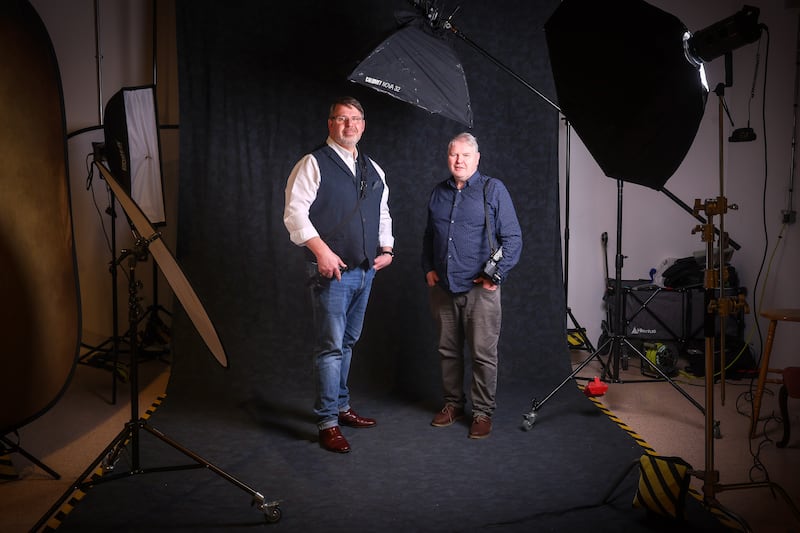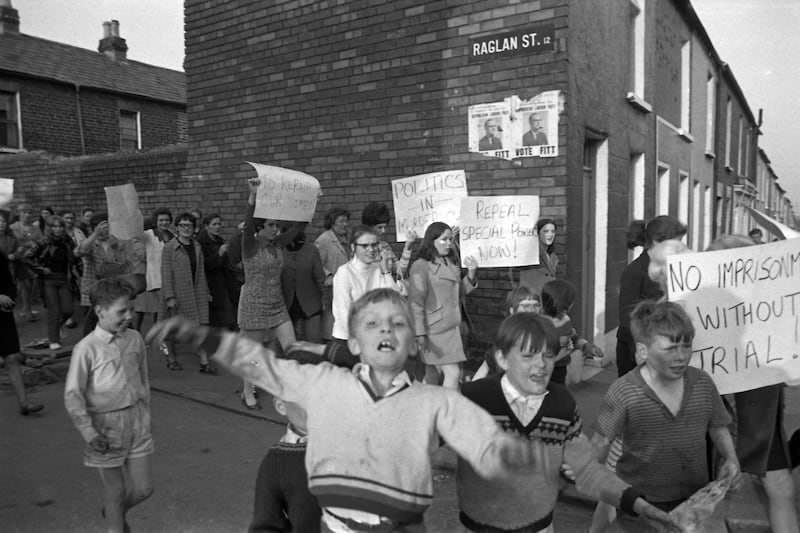SOME of Belfast’s most iconic buildings will be backdrops for a variety of captivating visual art as the Belfast Photo Festival returns.
Running from June 6-30, this year’s festival, under its theme of Divergence, explores how contemporary photographers are interpreting rapid digitalisation, the climate emergency and the ethical questions surrounding artificial intelligence.
The programme aims to initiate conversations by presenting thought-provoking and visually ambitious work pushing the boundaries of visual art.
To mark the 10th anniversary of the festival, award-winning Irish artist Richard Mosse will debut his work Broken Spectre which has been described as his most “ambitious project to date”.

Seeking to overcome the challenge of representing climate change, Broken Spectre - the result of three years of filming in the world’s largest rainforest - transports the audience deep into the Brazilian Amazon through an immersive 74-minute audio-visual installation.

Set against the backdrop of the deconsecrated Carlisle Memorial Church the piece will animate the space whilst simultaneously celebrating the city’s built heritage.
Similarly, Riddel’s Warehouse, a remarkable example of 19th century industrial Belfast, will host Smile AI by Dutch artist Matthias Oostrik, who has spoken to the Irish News about his AI-based dystopian art-tech installation.

Palestinian-American photographer Adam Rouhana will receive the annual Spotlight Award for his project Before Freedom which aims to change the perception of Palestine in the West by presenting a contemporary view of Palestinian life.

Other highlights can be found on the lawn at Belfast City Hall, where exhibits by Polish artists Barbara Caillot and Aleksandra Karkowska can be found. Entitled Our Streets are Full of White Bears, the project explores the mythology of the white bear and its significance in popular Polish culture through photographs spanning the last 100 years.

Botanic Gardens will host a works including from Indian photographer Aaryan Sinha, whose exhibition This Isn’t Divide and Conquer uses the medium to understand how historical events have played a part in shaping the Indian landscape and ever-changing identity of its people. The work questions the relationship between photography, colonialism and his own position.

The festival includes more than 30 exhibitions, talks, workshops and screenings of artists who are incorporating new mediums and technology into their work with further influences from contemporary, historical, documentary, archival, reportage and conceptual photography.








